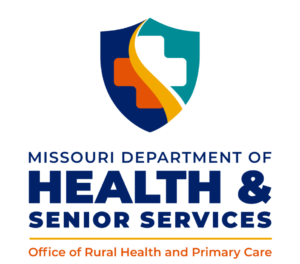September 24, 2025
Registration Open: 2025 Rural Health Day Celebration, November 20

The Missouri Department of Health and Senior Services, Office of Rural Health and Primary Care is hosting the Annual Missouri Rural Health Day celebration to honor the noble, community-spirited nature that prevails in rural Missouri.
Missouri Rural Health Day promotes the “Power of Rural” and the ongoing efforts to communicate, educate, collaborate, and innovate to improve the health of rural Missourians.
Cost: Free
- No registration fee
- No parking fee
- Lunch will be served
When: Thursday, November 20, 10:00 a.m. – 3:00 p.m.
Location:
Capital Bluffs Event Center at Turkey Creek Golf Course
1616 Oil Well Road
Jefferson City, MO 65101
Audience: The audience is anyone interested in celebrating and learning about rural health; associations, hospitals, clinics, state agencies, community groups, and legislators.
Registration is required.
Click link below to register:
https://missouriwic.iad1.qualtrics.com/jfe/form/SV_4TQZtm2X3dbveZM
Need assistance with the registration process or have questions:
Please contact Diana Winder, diana.winder@health.mo.gov, 573 526-2486








